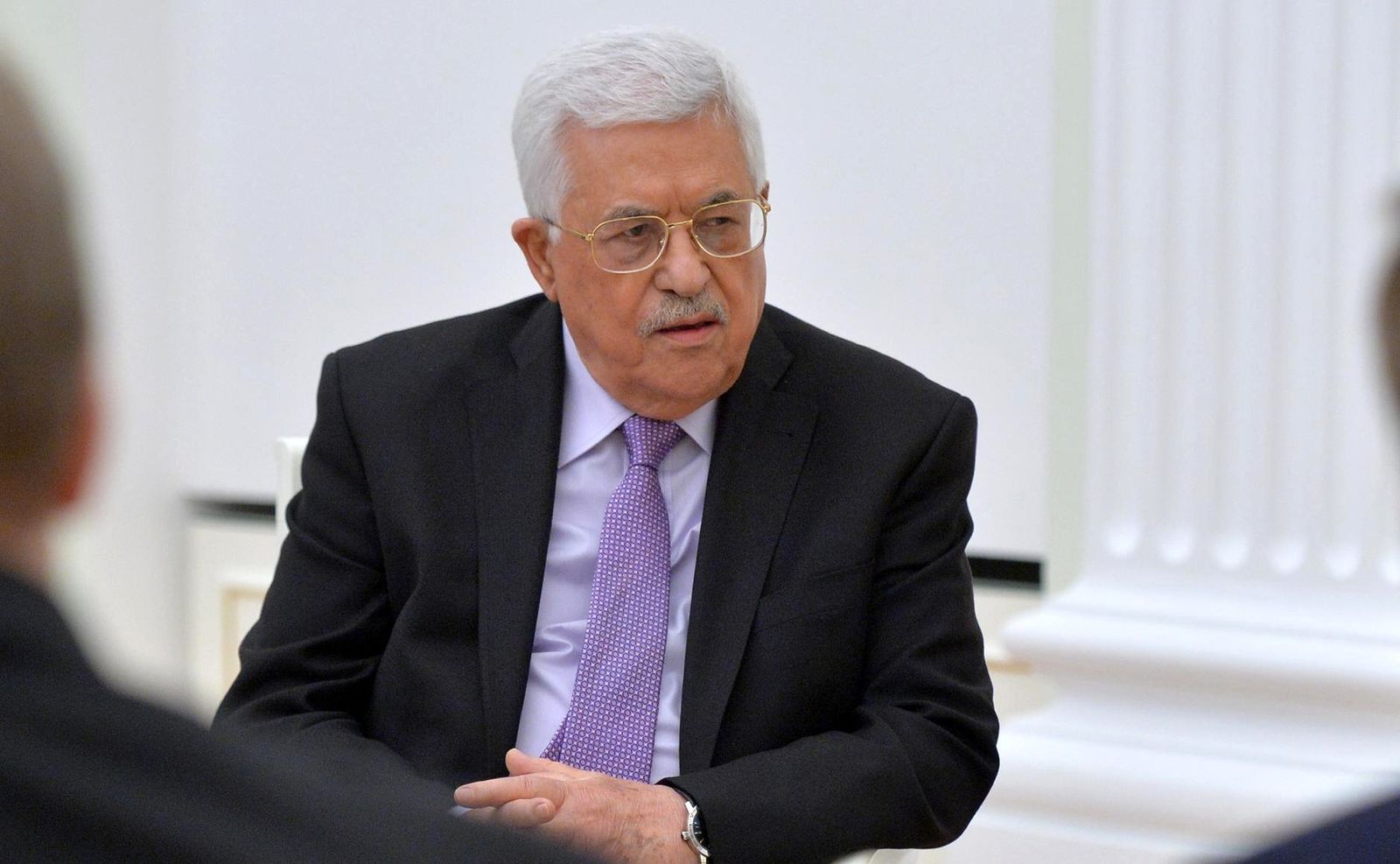Palestinian Rival Governments Form ‘Reconciliation Committee’
Palestinian Pres. Mahmoud Abbas and Hamas leader Ismail Haniyeh met for rare face-to-face talks in the coastal Egyptian city of El Alamein on Sunday along with representatives of most Palestinian political factions to form a committee on intra-Palestinian reconciliation.

Facts
- Palestinian Pres. Mahmoud Abbas and Hamas leader Ismail Haniyeh met for rare face-to-face talks in the coastal Egyptian city of El Alamein on Sunday along with representatives of most Palestinian political factions to form a committee on intra-Palestinian reconciliation.1
- The primary purpose of the committee would be to mend ties between the parallel governments of Hamas in the embargoed Gaza Strip and the Palestinian Authority (PA) controlled by Abbas's nominally secular Fatah party, which administers certain regions of the West Bank.2
- Notably, [Palestinian] Islamic Jihad [(PIJ)] boycotted Sunday's meeting, saying that the release of PIJ prisoners held by the PA's security forces in the West Bank was a condition for sending representatives to El Alamein. Two other minor Palestinian groups also did not attend the meeting.3
- During the summit, Haniyeh urged Palestinians to exploit the “window of opportunity” provided by the “unprecedented internal divisions” in Israel over the judicial overhaul, which has caused massive protests throughout the country. Haniyeh also pointed to Israel’s “tense international relations” with its allies.4
- The rift between Hamas and the PA escalated in 2006 when Hamas won the Palestinians’ last legislative elections. This led to a conflict with the Fatah-dominated PA, with intense clashes breaking out between the two groups; after weeks of fighting, Hamas expelled Fatah forces from Gaza, taking control of the strip.1
- The situation in Israel, the West Bank, and Gaza has deteriorated in the last year as Israel — following a spree of Palestinian attacks last spring — has launched regular raids in the area. Over 150 Palestinians have been killed this year in the West Bank, and Palestinian attacks targeting Israelis have killed at least 26 people.5
Sources: 1Al Jazeera, 2France 24, 3The New Arab, 4The Times of Israel, and 5Associated Press.
Narratives
- Narrative A, as provided by Jerusalem Post. Though talk of "unity" between Palestinian factions has become increasingly common, it seems unlikely that Hamas will accept Abbas’s conditions for joining a unity government — which include recognizing UN resolutions pertaining to the Arab-Israeli conflict and the agreements signed between Israel and what is now the PA. Indeed, Abbas is between a rock and a hard place, as he needs to balance the popularity of extremist groups with his own agenda. Unity will likely not be found any time soon.
- Narrative B, as provided by Al Mayadeen. As the conflict between the disparate Palestinian resistance factions and Israel reaches a new chapter, the resistance seeks to unify in the face of an internally divided enemy. Though Abbas often acts as a private contractor of the occupation, it would be wise for the PA to acknowledge the popularity and influence of resistance factions like PIJ and improve relations with them.





